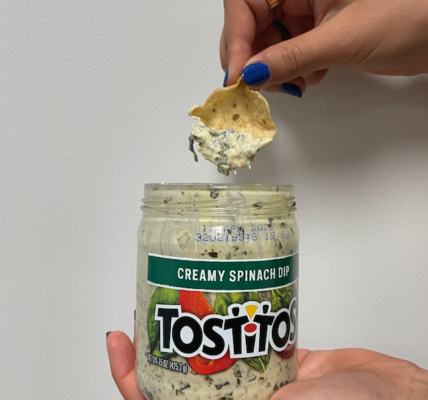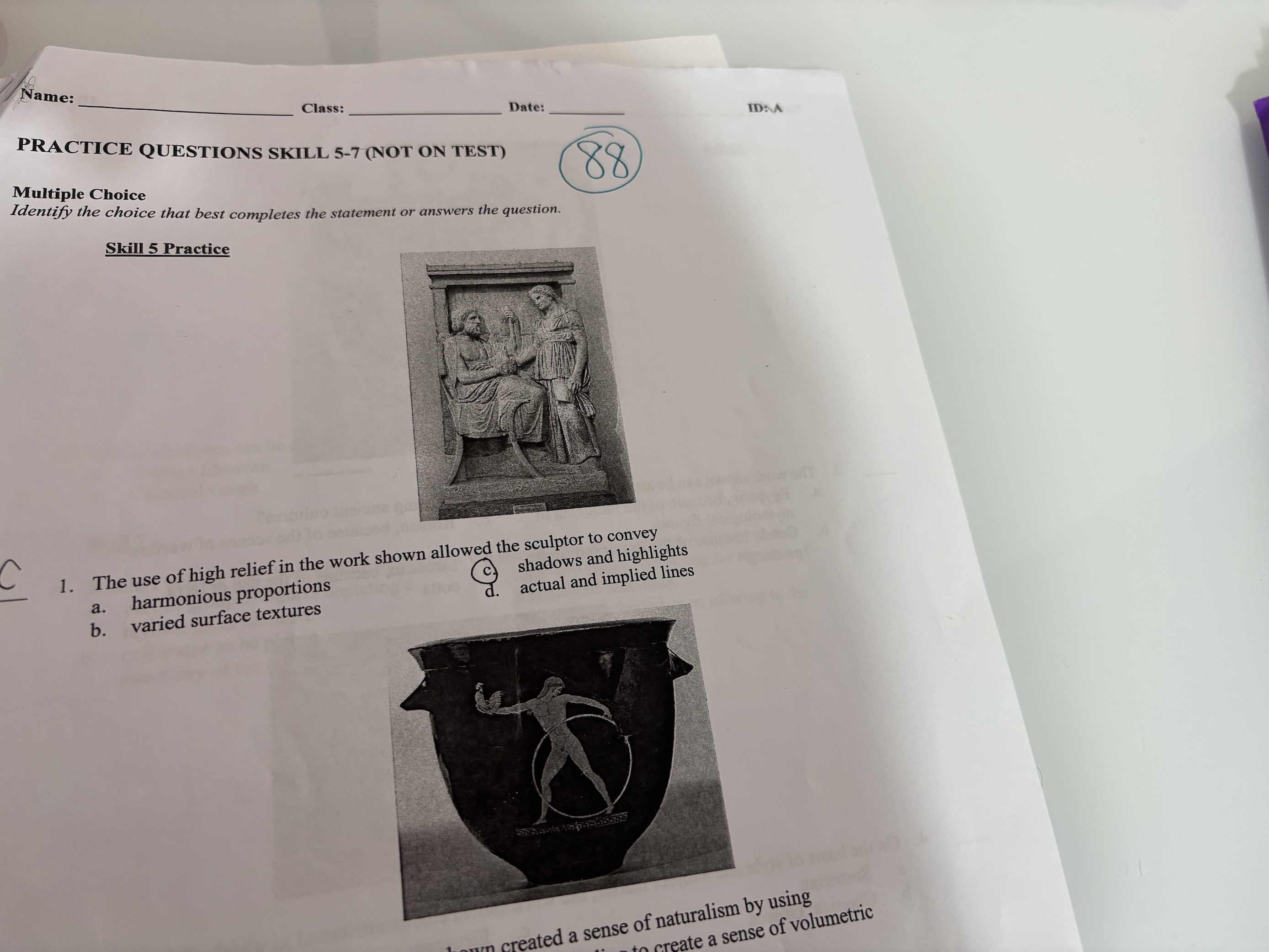By Dylan McAdoo
Parents often grapple with the question of whether too much or too little parent involvement can have a negative effect, a happy medium can be found. According to Psychology today “Parents who are more involved in their children’s education have children who do better in school, even in regular times. For example, children whose parents are more involved in their education tend to have better grades, higher standardized test scores, and are less likely to get in trouble for their behavior at school.”
There are other factors than just grades that come into play when it comes to parents’ involvement. According to aecf.org “Students whose parents stay involved in school have better attendance and behavior, get better grades, demonstrate better social skills, and adapt better to school.” Jack Brady, a junior at Ponte Vedra High School said, “Not only do I feel like I have to be on top of it with my grades, but I feel like I’m way more involved in school activities and am always at school because my parents know what’s going on.” Brady later added, “with my parents being so involved they are always asking me about school events and things like that, it adds more stress to my day.” According to Education Week, “When parents become involved at school by, for example, attending events such as open houses or volunteering in the classroom, they build social networks that can provide useful information, connections to school personnel, or strategies for enhancing children’s achievement,” the APA research review said. “In turn, parents with heightened social capital are better equipped to support their children in succeeding in school as they are able to call on resources and utilize information they have gathered.”
Parent involvement will lead to academic success. According to Waterford.org “The importance of family involvement in education is clear, and the benefits profound. In a retrospective looking at 50 different studies, researchers found strong connections between family involvement and academic achievement. Support and involvement from educators and families are crucial to a student’s academic performance.” Jake Hilley, a junior at PVHS, said, “With my parents being as involved as they are it most definitely helps with my grades, both because I don’t want them to be upset with bad grades and they help me out when it comes to schoolwork.” According to TeacherPH, “When parents are involved in their child’s education, the child is more likely to have positive attitudes towards school and learning.” Carson Evanger a junior at PVHS, said, “My parents definitely encourage me to do my best in school and this helps me keep a good attitude towards school in general.”
Parent involvement can help with their students’ mental thoughts toward school as well. According to Education Week, “A 2014 International Education Studies report on parental involvement among 9th and 10th graders in Jordan showed that parental involvement had a positive impact on students’ emotional engagement in school. That means students with more involved parents are more likely to have fun, enjoy school, have high self-esteem, and perceive school as a satisfying experience.” Ashtan Augusta, a junior at PVHS, said, “With my parents being involved I’m more engaged emotionally about school and helps out with my self-esteem too.” According to TeacherPH, “When parents are involved in their children’s education, children are more likely to do well in school and have better social and emotional development.” James O’Donnell a junior at PVHS, said, “As much as my parents are involved, I feel like I have a much more emotional tie towards school and grades in general.” Ms. Ngai-Crim, a school counselor at PVHS, said, “I wouldn’t say over parent involvement hurts the student but sometimes overly involved parents do not allow students to develop the life skills needed for college and beyond. For example, students may not know how to complete forms, apply for classes, and seek support from teachers. In addition, student may have difficulty navigating conflict or challenges if their parents have come to their “rescue” each time they were faced with an obstacle.” Ms. Ngai-Crim later added, “Parent involvement allows students to know that they have to be accountable for their learning, effort, and grades. Students have the comfort of knowing that their parents are present in their lives and are a means of support. There needs to be a delicate balance where parents are involved and present but students are the ones who have ownership over their education and choices.”
“When parents are involved in their children’s education, children are more likely to do well in school and have better social and emotional development.”
JAmes O’Donnell (11)
There are two types of strict parents, the helicopter parent and the tiger mom. According to frontiersin.org, “Helicopter parenting negatively affects child development in such aspects as emotion and learning development (Kwon et al., 2017). Hong et al. (2015) confirmed that learners with higher awareness of hovering behaviors have weaker learning situations and are more prone to procrastination.” According to UCLA.edu, “overparenting can have a negative impact on a student’s feelings of self-determination, competence, and relatedness to significant others.” Ms. McCarley, a science teacher at PVHS, said “there is definitely too much a parent can do with their students’ education some parents take it overboard.” She later added “students should be the only ones communicating with the teacher when it comes to grades and late work when the parents email about that, that’s when its overboard.” TJ Myers, a junior at PVHS, said, “When it comes to my parents with my school work and grades it makes me feel a little stressed out because I feel like I have to be perfect for them and do all the extracurricular activities to get into one of those prestige colleges.”





